Resources
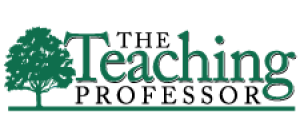
Journal Issue.

The Peaceable Classroom first defines a pedagogy of nonviolence and then analyzes certain contemporary approaches to rhetoric and literary studies in light of nonviolent theory. (From the Publisher)
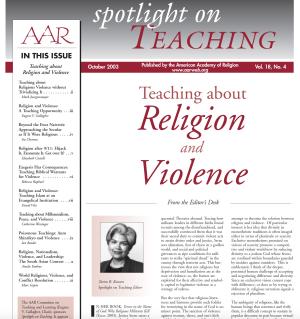
Journal issue. Full text is available online.
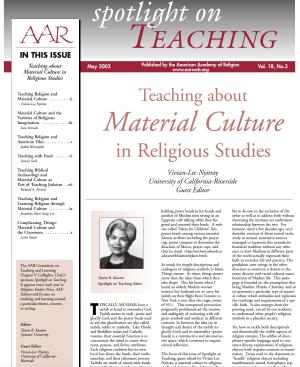
Journal issue. Full text is available online.
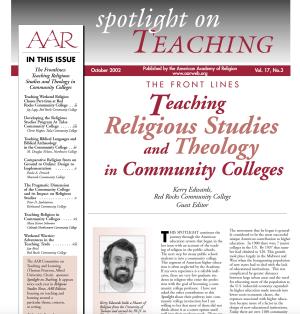
Journal issue. Full text is available online.
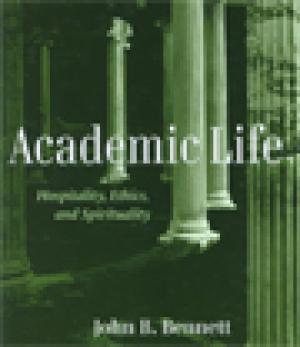
In this profound look at the academy, John Bennett reminds us that our leadership decisions always presuppose our philosophies of life and that understanding precedes practice. How we understand the communities we lead informs the many practical judgments we make about directions to take, structures to create, processes to initiate, and values to uphold. Bennett argues that faculty may understand their departments or institutions in one of two ways: as simply aggregations of individuals or as communities of intertwined persons. From these views, two different leadership values and positions emerge. The first disposes us toward seeing academic conflict as inevitable and elevates heroic leadership styles where power is understood in terms of advancing one agenda over competitors. The second underwrites leadership as supporting openness to others and emphasizes the vital contributions that can follow. By providing specific illustrations of the two modes of leadership and the nature of hospitality and openness, Academic Life presents a strong platform from which to build a rich and rewarding academic community. (From the Publisher)
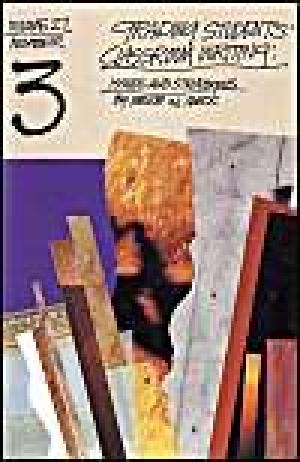
This report explores the connection between the process of writing and the process of grading. It also explains how to construct effective writing assignments, resolve issues of fairness and professional judgment, include students in the process of assessment, and provide effective feedback to students as they revise their writing. Speck synthesizes the best practices in teaching and learning to help faculty and part-time instructors envision grading as a process, not a product. (From the Publisher)
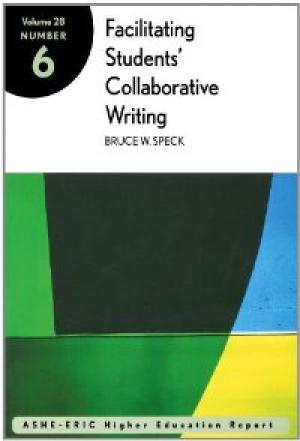
Collaboration is interwoven in the writing process in both obvious and subtle ways--from a writer using the language that he or she inherited, to referring to the works of other writers both explicitly and implicitly, to writing together with a colleague. In this book, the author explains that collaborative writing can be a useful pedagogical tool professors can use to help students actively learn about the subject matter and about themselves. (From the Publisher)
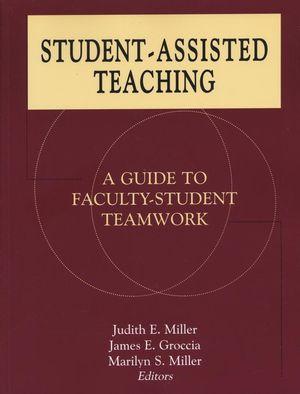
This innovative book provides a range of models for undergraduate student-assisted teaching partnerships to help faculty, faculty developers, and administrators make learning more student-centered, more effective, and more productive. Each of the 31 models included in this volume is supported with practical details and focuses on four main aspects of a specific peer-assisted learning environment: 1) implementation, 2) evidence of effectiveness and learning benefits, 3) analysis of time and cost expenditures, and 4) suggestions for replication. The chapters present a range of approaches, applications, disciplines, institutions, and contexts, and demonstrate that student-faculty partnerships can be adapted to meet diverse needs in a variety of situations. Extensive appendices aid implementation by providing concrete examples of hiring documents, training syllabi, teaching materials, and evaluation methods. (From the Publisher)
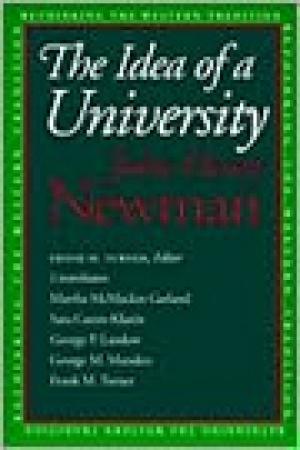
Since its publication almost 150 years ago, John Henry Cardinal Newman's The Idea of a University has had extraordinary influence on the shaping and goals of higher education. This important and accessible edition includes new essays by five leading scholars who explore the background and present day relevance of Cardinal Newman's themes, a biographical sketch of his life, questions for discussion, expanded notes, and a glossary of names. (From the Publisher)